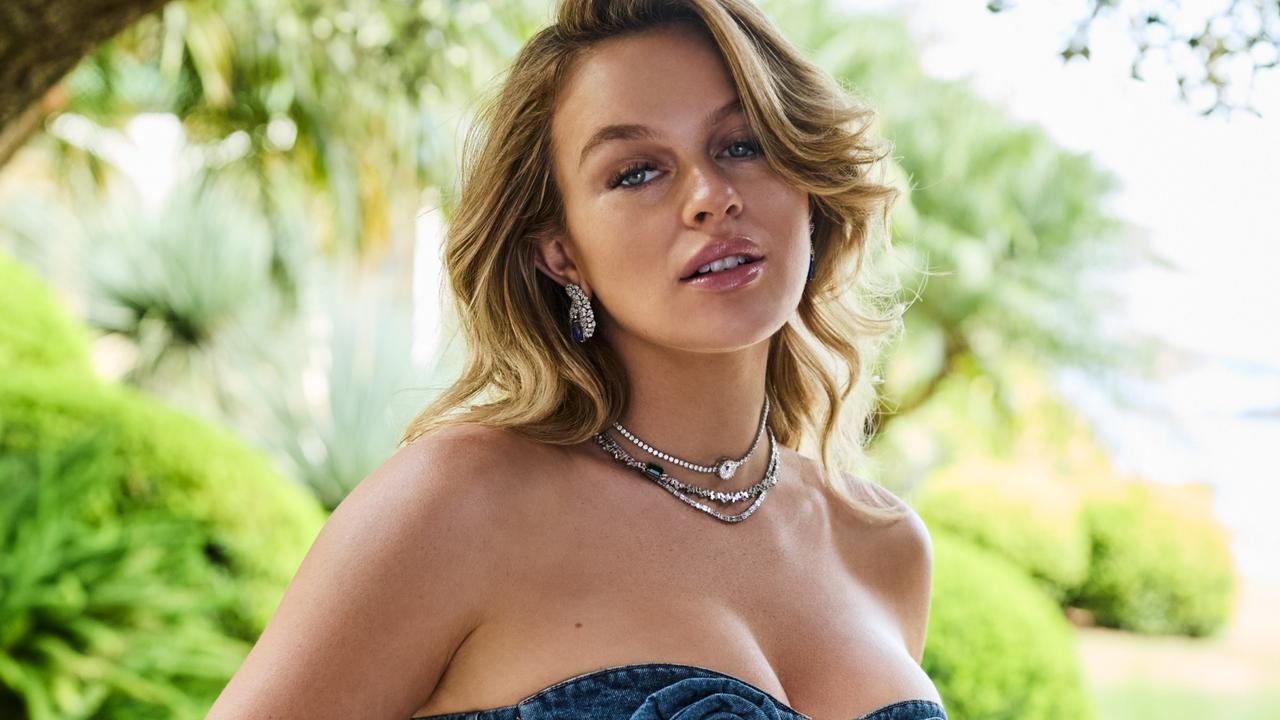Inside Victoria’s Secret’s $1.55 billion comeback
It went from one of the most popular lingerie brands in the world – to a problematic one. Now, Victoria’s Secret is relaunching itself amid intense controversy.
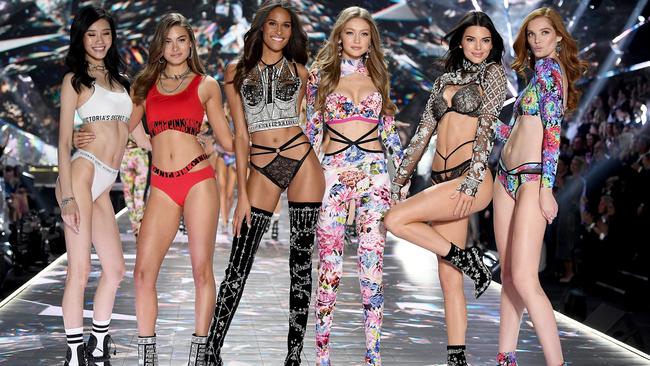
Celeb Style
Don't miss out on the headlines from Celeb Style. Followed categories will be added to My News.
It was once the pinnacle of runways, with the words “Victoria’s Secret model” holding the power to make a career.
Victoria’s Secret, the $US1.28 billion ($A1.55 billion) American lingerie giant, catapulted Adriana Lima, Heidi Klum and Gisele Bündchen to supermodel status – and took the careers of Australian models Miranda Kerr, Shanina Shaik, Victoria Lee, and Sydney-based New Zealand model Georgia Fowler, to another level.
There was a time when you just couldn’t get any bigger than Victoria’s Secret and its once-annual Fashion Show, a big budget televised extravaganza featuring “Angels” in custom wings, and a “Fantasy Bra” worth $1 million-plus, set atop a dusty pink runway. It was sexy, lucrative and popular.
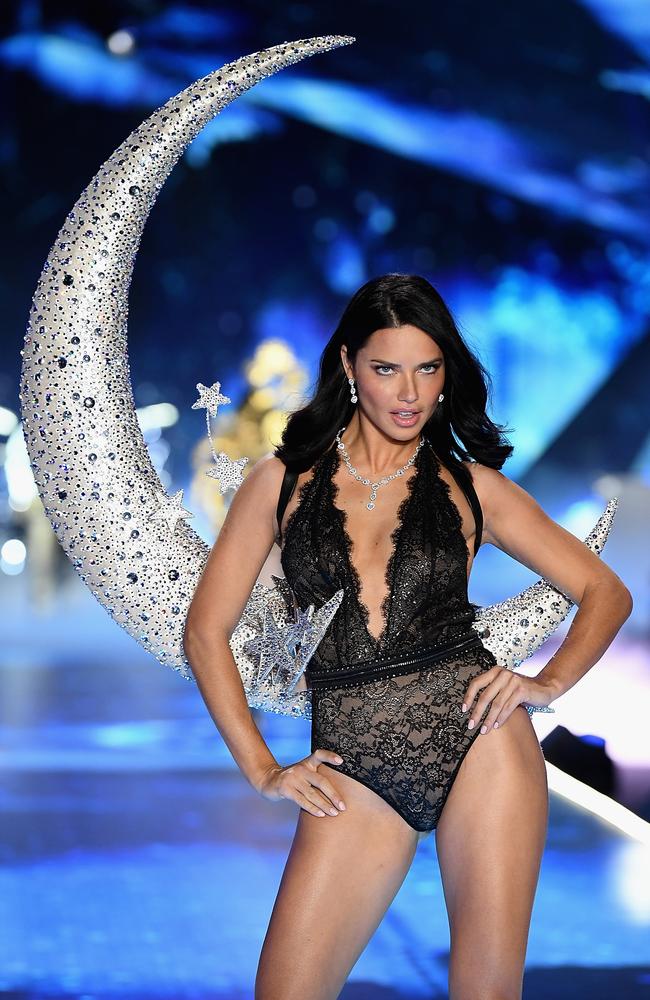
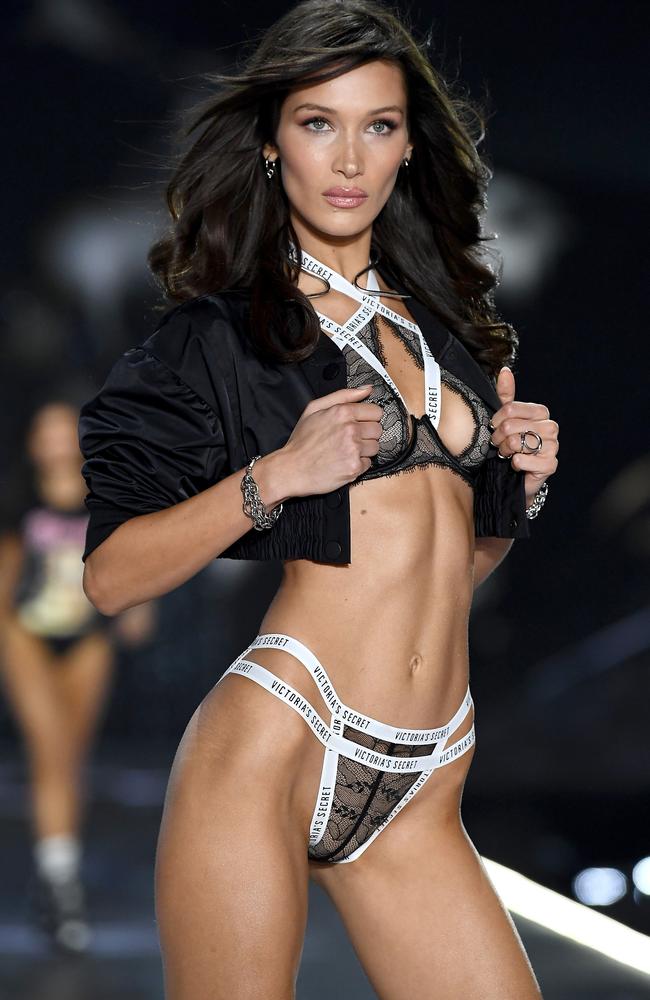
In 2018, VS staged what would be its last Fashion Show in the traditional format in a climate of intense controversy – weeks before it opened its first full-scale store in Australia.
As it prepares to relaunch the runway after a four and a half year hiatus – in a new format dubbed “The Victoria’s Secret World Tour” – can a brand that has faced so much criticism pull off a comeback?
It was November 2018 at New York’s Pier 94 on Manhattan’s Upper West Side. As models sported glossy pink satin robes backstage, VS – and its owner, L brands – was being accused of a culture of misogyny, accusations of harassment, a lack of body diversity, transphobia, and promoting disordered eating, mainly directed at Victoria’s Secret’s then-chief marketing officer Ed Razek, who left the brand in 2019.
Dwindling sales, lost profits and intense criticism followed as the social conversation around Victoria’s Secret changed dramatically – it was once a brand which had tried to sell itself as empowering women, and it was being accused of the opposite.
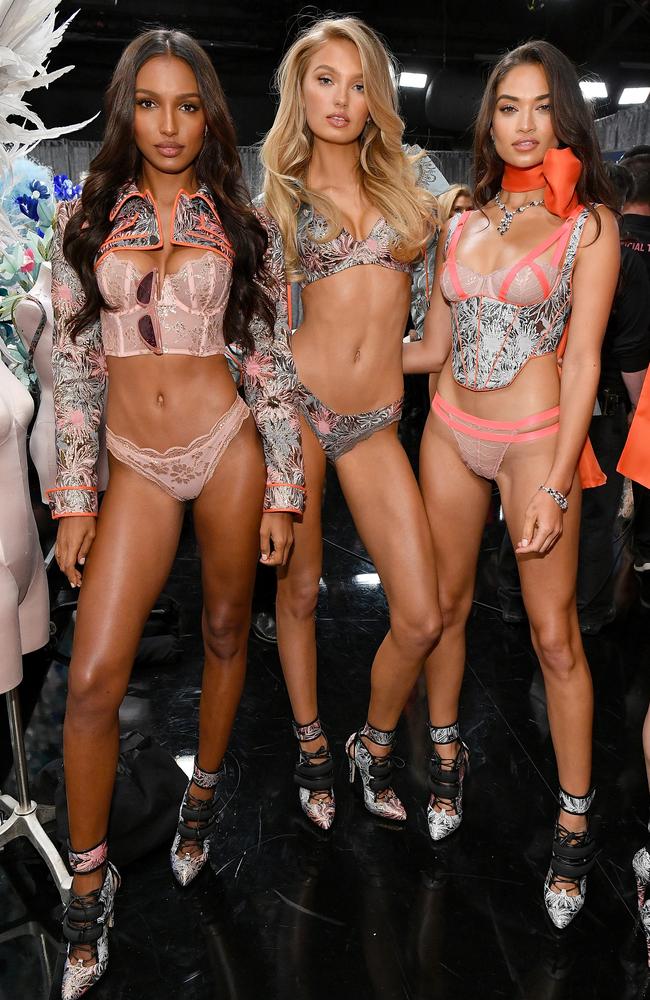
Nicole Reaney, branding and image expert and CEO of InsideOut PR, said the fashion show rose to popularity in an “era before social media and before social advocates and influencers who can effectively ‘cancel’ brands overnight”. “It would require a stark steer from its origins to re-engage consumers and even then, its brand image has been ingrained around the world,” Ms Reaney said.
It was also coming up against the popularity surge of Rihanna’s lingerie brand, Savage x Fenty, which launched its own VS-style televised event (also on Amazon Prime) and Kim Kardashian’s inclusive Skims brand.
The lingerie market had changed – and the success of Savage x Fenty and Skims grew, as customers embraced curvier, more relatable body shapes.
“It takes years to redefine a brand image,” Ms Reaney said. “[Victoria’s Secret] appears to be attempting to steer the brand into an artistic force – but beyond the show, it will need to do a lot more to reposition and regain popularity.
“The controversies of recent years from … executive misconduct through to sheer … appearance of models that lacked diversity in every form just wouldn’t survive societal norms today.”
INSIDE THE NEW VICTORIA’S SECRET
Featuring Emily Ratajkowski, Hailey Bieber, Julia Fox and marking the return of Lima – the longest-serving Victoria’s Secret model – to the brand, VS describes “The Tour ’23” as the Fashion Show “reimagined” – and the final stage of its brand reinvention.
Premiering on September 26, it is described as a “global event, film and celebration that leads audiences through the behind-the-scenes artistic process and personal narratives of VS20, a group of innovative creatives”.
The tone is already different. The models are diverse in terms of cultural representation and body shape. At its recent launch in New York during Fashion Week, supermodel Naomi Campbell recited a poem by Nigerian writer, Eloghosa Osunde. Gigi Hadid introduced a trailer for the film, describing it as her “favourite Victoria’s Secret show”, according to the New York Times.
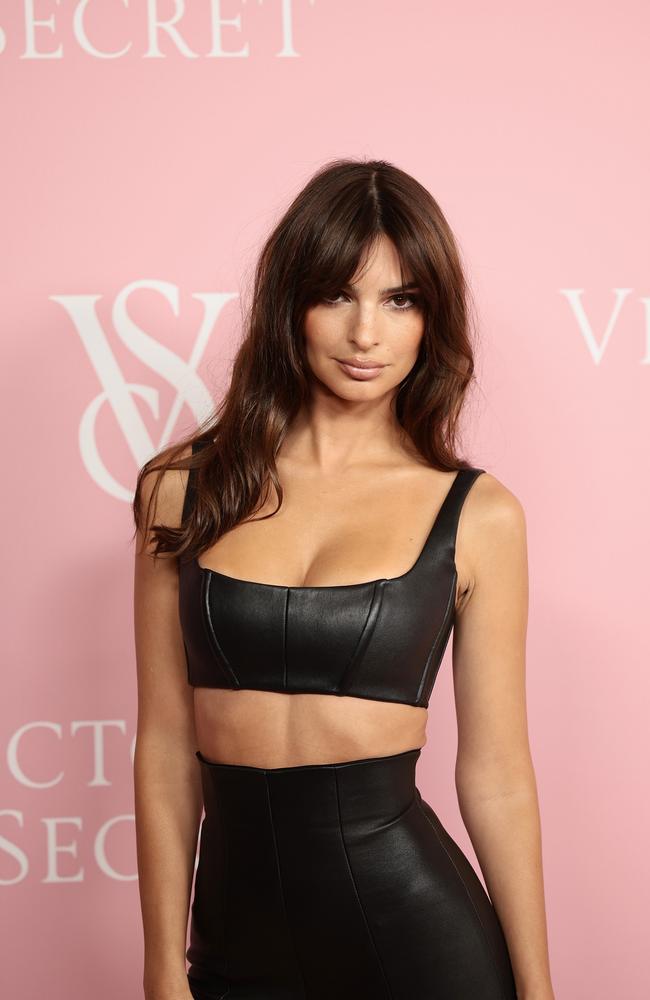
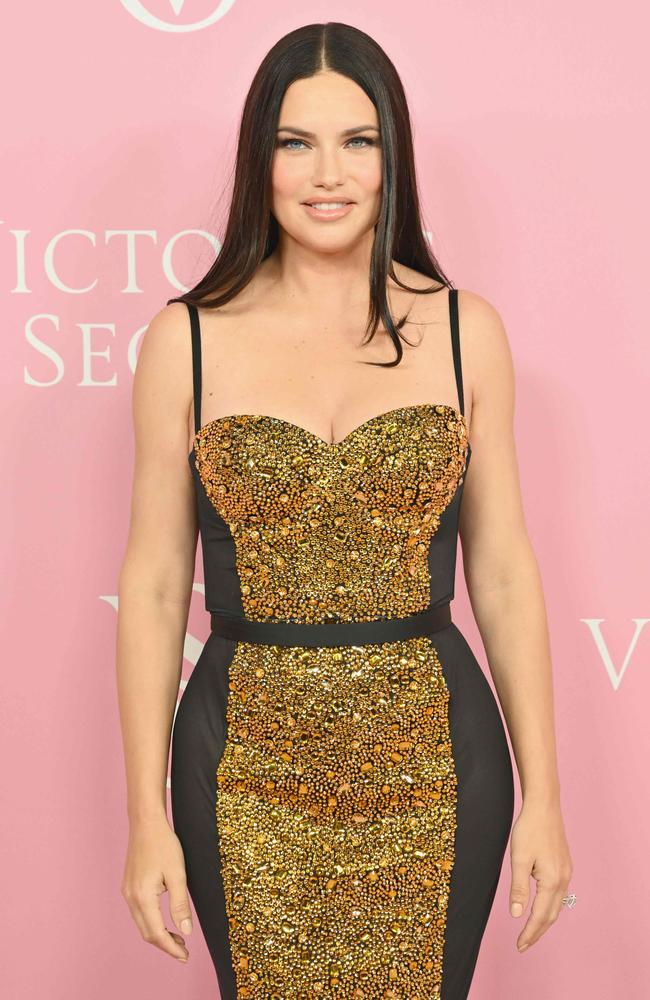
Victoria’s Secret brand chief creative director Raul Martinez described the rebooted show as reflecting “who we are”. “We haven’t forgotten our past, but we’re also speaking to the present,” Mr Martinez said. “To take our platform, understand the power of that, but show up with a different narrative”, he told the New York Times.
At VS, things have changed – the “Angels” (a title reserved for supermodels who were signed to the brand on an ongoing basis) were replaced with the “VS Collective” – including Priyanka Chopra Jonas, Sudanese-Australian model Adut Akech, and Hailey Bieber. In February last year, TikTok star Emira D’Spain became the first black transgender model to work with VS.
The first full-scale VS store in Australia opened at Melbourne’s Chadstone Shopping Centre in 2018 (it would be 2023 before a second location was opened, at Emporium Melbourne. A third on the Gold Coast followed – with no public plans for a Sydney store).
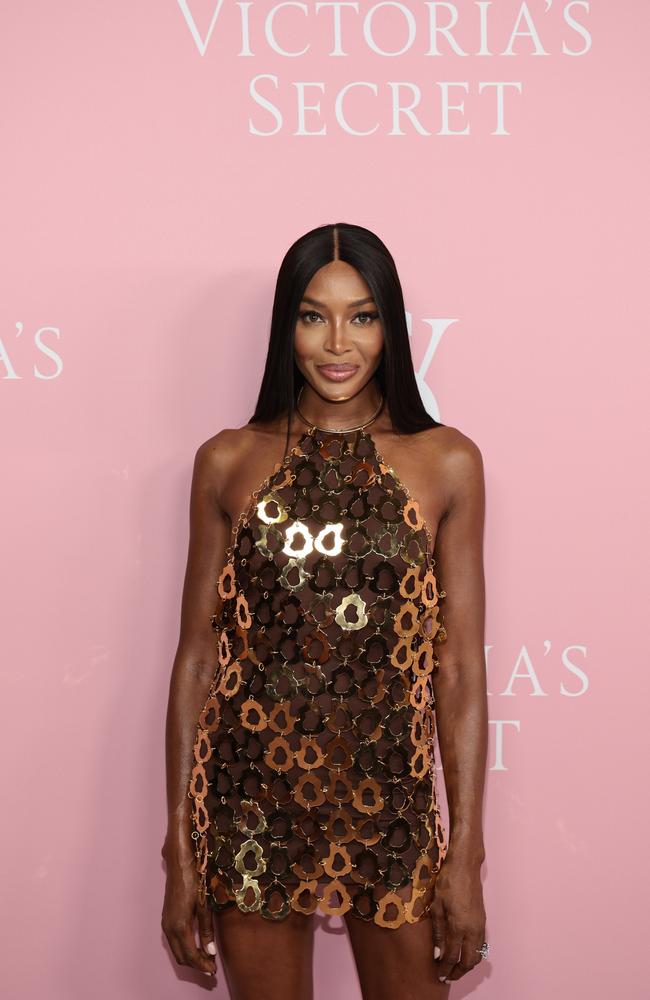
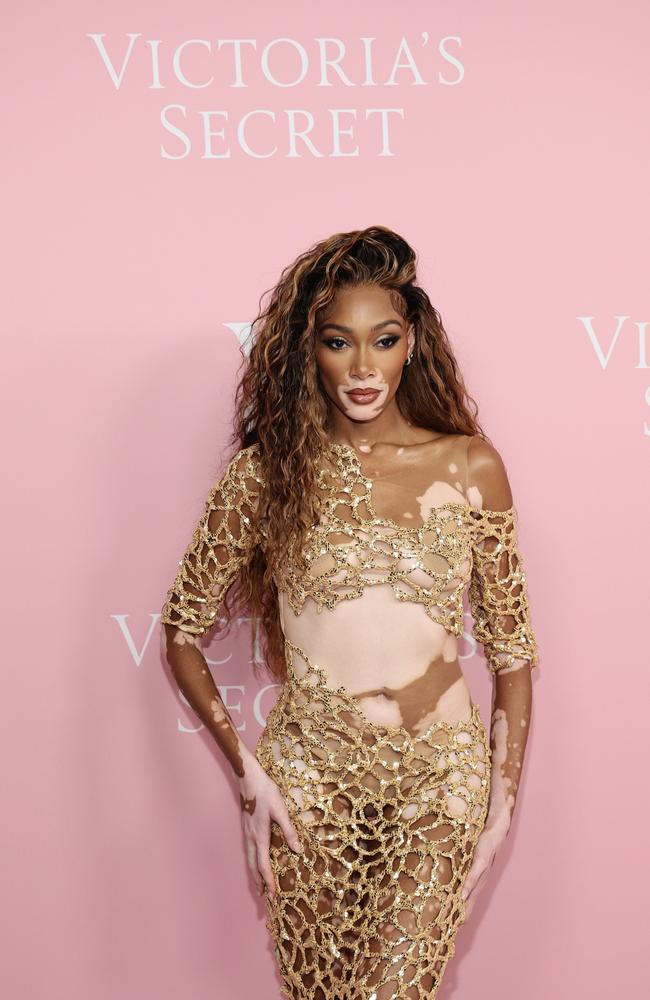
MODEL REACTION
Australian supermodel Kerr has no regrets about her time as a VS Angel.
“I remember seeing Adriana [Lima] and Alessandra [Ambrosio] and Gisele [Bündchen] and I was just blown away by their beauty and their energy and their confidence,” Ms Kerr said.
“I remember thinking, ‘Oh my goodness, what am I doing here?’ All these women are just so stunning. And then after a couple of years, I got into the swing of things and we had a lot of fun together. Victoria’s Secret really launched my modelling career internationally and put my name out there.
“I really did have a very positive experience.” Kerr – who is pregnant with her fourth child – revealed she was approached to appear in the rebooted Fashion Show but declined.
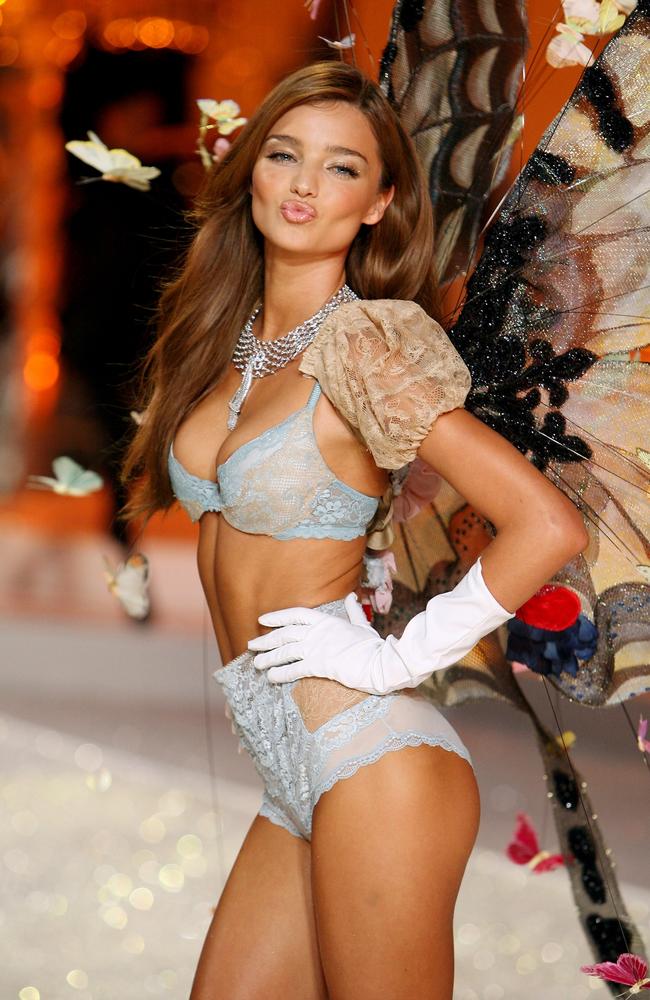
Though another Australian model, Bridget Malcolm, who walked for VS in 2016, went public with her criticisms of the brand.
Speaking in a now-viral TikTok video, Ms Malcolm revealed when she went to the casting for Victoria’s Secret in 2017, her bra cup size had increased. “I was rejected from the show in 2017 by [former VS CMO] Ed Razek. He said, ‘My body did not look good enough,’” Ms Malcolm said in the viral video. “The sadness behind my eyes from the 2016 show breaks my heart.”
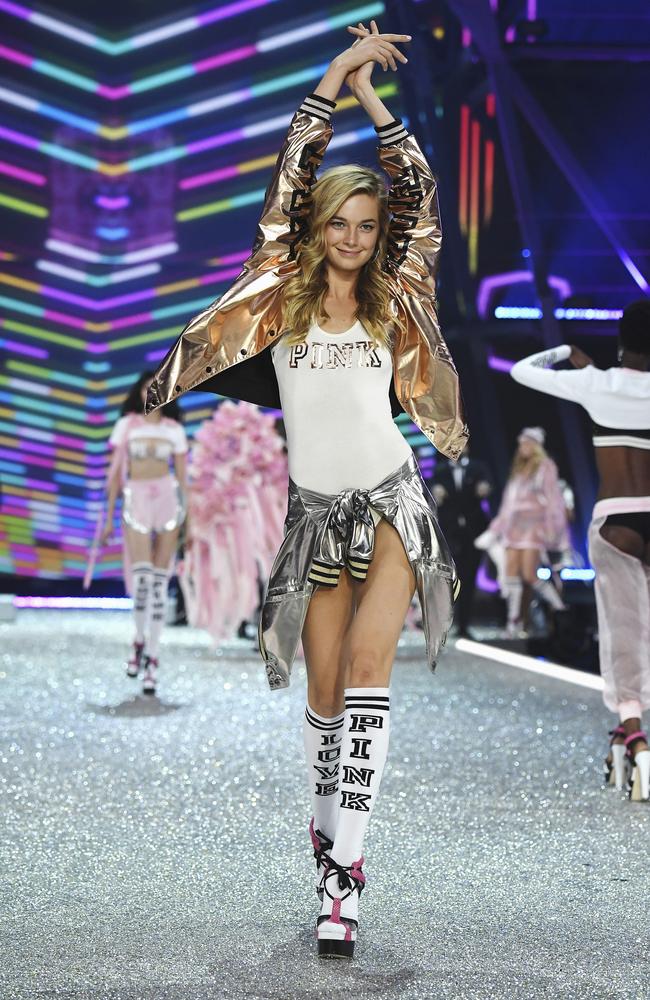
New York-based Australian supermodel Robyn Lawley has long been a critic of Victoria’s Secret and the absence of body diversity among its models.
So what was her reaction to the revival of its fashion show this year, after a four-year hiatus?
“I rolled my eyes massively,” Ms Lawley previously told Stellar. “I thought, why didn’t they include curve [models] in the 2018 show?
“It was like they reverted to skinnier [models] … I was just furious. I knew girls who were going through [castings for the show], personal friends who were starving themselves; I knew the situation on an inside level. It was making me more angry.
“They weren’t fit and healthy, they were starving. [The show is] making this pedestal for teenage girls.
“That’s why I said what I said [back then],” she explains. “If you say that kind of stuff, as a model, you get black-listed – so it’s a hard line to walk.”
Originally published as Inside Victoria’s Secret’s $1.55 billion comeback



